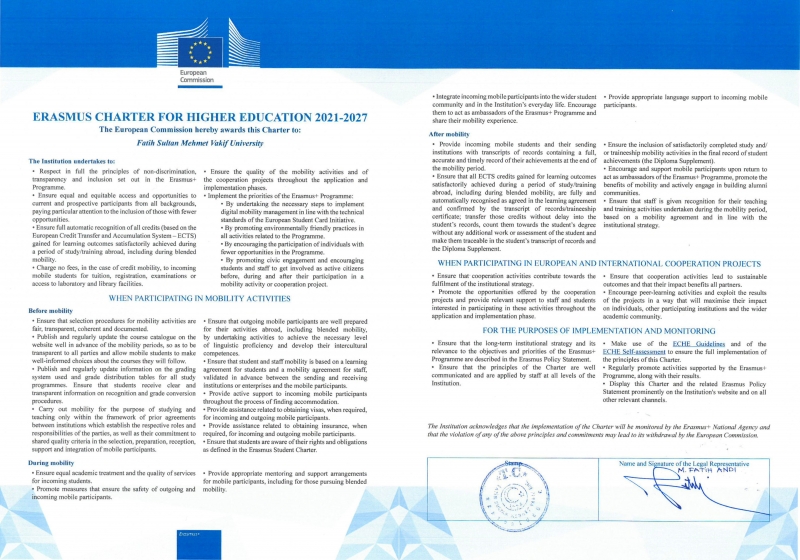ERASMUS+ AT FSMVU
What is Erasmus+?
Erasmus+ is the EU’s programme for education, training, youth and sport, offering students and staff opportunities to study, teach or train abroad.
ERASMUS Programme (1987)
The ERASMUS programme offers students the opportunity to study or train abroad
from 3 to 12 months.
Erasmus of Rotterdam
Named after the Dutch Renaissance humanist Erasmus (1469–1536), who lived and lectured in Europe.
Impact in Europe
Over 3 million students participated between 1987 and 2014.
What is the ERASMUS Programme?
The ERASMUS programme is a student exchange scheme established in 1987, enabling students to study or work abroad for 3–12 months.
Erasmus+ Scheme
Erasmus+ supports student and staff mobility in higher education. Institutions from EU Member States, candidate countries, and EFTA/EEA nations participate.

